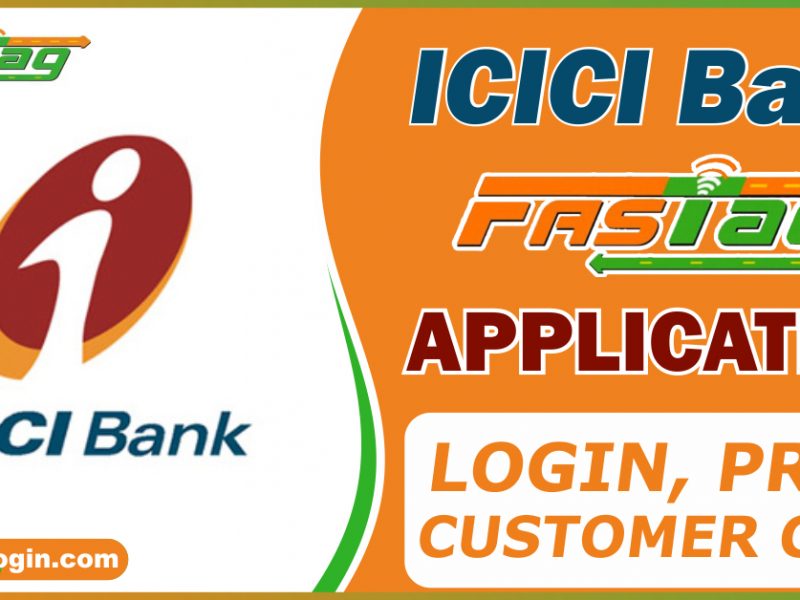The One Vehicle, One FASTag policy, introduced by the National Highways Authority of India (NHAI), is a transformative initiative designed to streamline toll operations across the country. This policy mandates that a single FASTag is linked to each vehicle’s registration number, prohibiting the use of multiple FASTags for the same vehicle. The initiative is set to ensure smoother toll payments, prevent misuse, and enhance transparency.
Why Was This Policy Implemented?
The implementation of this policy stems from several challenges in the existing toll collection system:
- Duplicate FASTags: Many vehicle owners registered multiple FASTags for the same vehicle, leading to confusion in toll payments and transaction errors.
- Fraudulent Practices: Some users exploited the system by using multiple FASTags to evade toll charges or claim multiple benefits.
- Operational Inefficiencies: Multiple FASTags linked to the same vehicle created administrative issues, such as payment disputes and difficulty in vehicle identification.
To address these issues and modernize the toll management system, NHAI introduced this policy as part of its larger mission to digitize road infrastructure.
Benefits of the Policy
- Enhanced Transparency: Linking one FASTag per vehicle ensures accurate toll deduction and prevents fraudulent activities.
- Simplified Management: Vehicle owners will find it easier to track and manage toll expenses without juggling multiple FASTags.
- Improved Toll Operations: Toll plazas will experience reduced congestion as payment discrepancies and manual checks decrease.
- Increased Security: Ensuring a single FASTag for each vehicle minimizes misuse and enhances vehicle identification accuracy.
- Convenience for Users: Vehicle owners with updated and active FASTags can enjoy seamless travel across all toll plazas in India.
How Users Will Benefit
- Private Vehicle Owners: They no longer need to worry about managing multiple FASTags, ensuring a smoother travel experience.
- Fleet Operators: The policy simplifies toll payment tracking for large fleets, reducing administrative overhead.
- Frequent Travelers: Accurate deductions and hassle-free payments save time and enhance convenience during long-distance journeys.
Why Was This Policy Necessary?
The growing adoption of FASTags revealed gaps in the system, especially with misuse and inefficiencies arising from multiple tags for a single vehicle. By implementing the One Vehicle, One FASTag policy, the government aims to create a robust toll collection system that benefits all stakeholders, including road users, toll operators, and authorities.
Imagine a car owner with three FASTags linked to their vehicle. At a toll plaza, one of the tags gets charged, but due to outdated KYC information on another tag, the transaction fails. This results in manual intervention, delays, and unnecessary hassle for the driver. Under the new policy, only one FASTag would be linked to the vehicle, ensuring seamless toll payment and avoiding such scenarios altogether.
The One Vehicle, One FASTag policy is a significant step forward in India’s journey toward digital and efficient road infrastructure. By simplifying the system, it not only enhances user experience but also paves the way for smarter toll management in the country.

